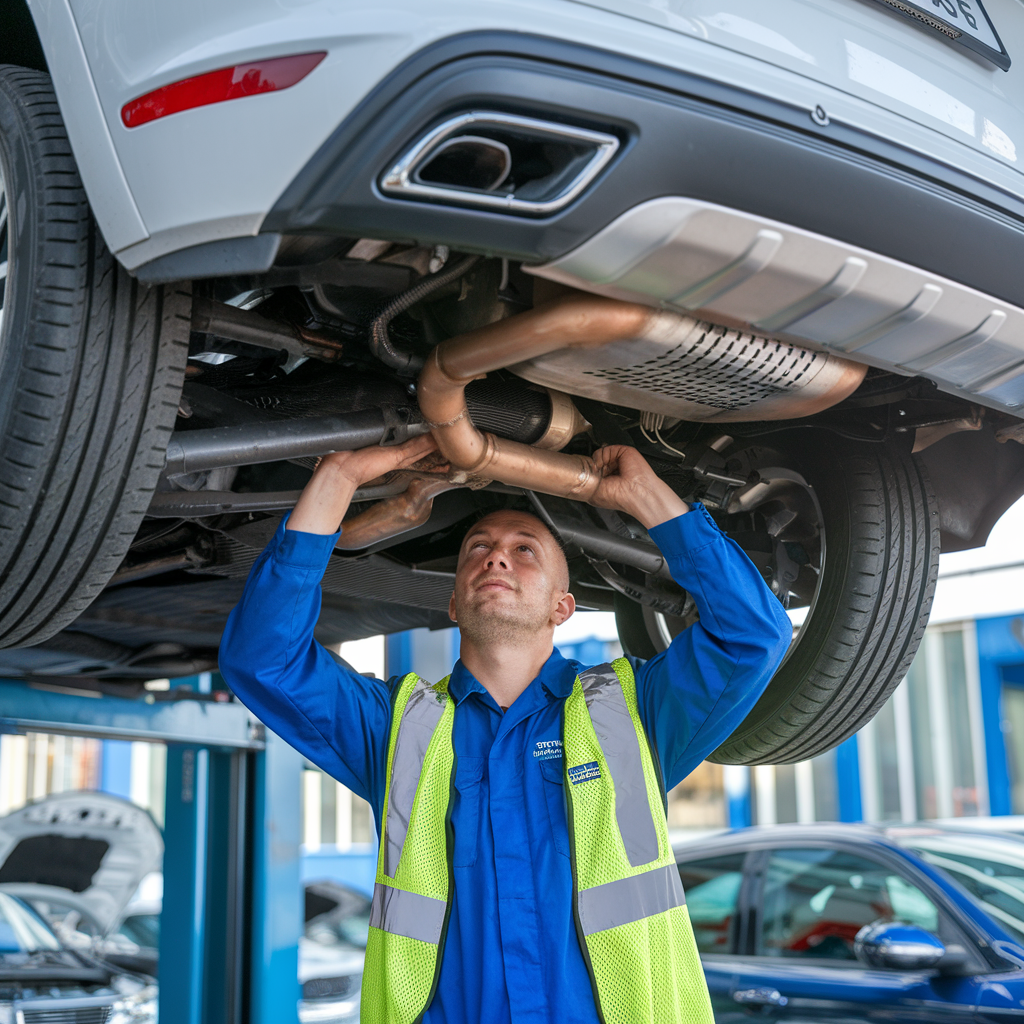Understand the Importance of a Smog Inspection
Smog inspections are essential to ensure your vehicle meets environmental standards and reduces harmful emissions. This process is a requirement in many states to maintain air quality at acceptable levels and prevent pollution. A successful smog check not only helps protect the environment, but also ensures that your vehicle operates efficiently. If your vehicle fails the inspection, it may indicate a mechanical problem that needs attention. Regular maintenance and awareness of your vehicle’s condition can save you money on unexpected repairs.
How to prepare your vehicle for a smog inspection
Preparation is key to passing a smog inspection. First, make sure your car’s engine is fully warmed up. This will help you get accurate readings during testing. Make sure your car oil is clean, as dirty oil can release higher levels of hydrocarbons. Also, inspect your air filter and replace it if necessary, as clogged filters can affect exhaust emissions. Driving your car on the highway for 20 to 30 minutes before the test can also help burn off excess carbon deposits.Ensuring your fuel cap is properly closed is another simple step that can help you avoid failing a smog test.
Common Reasons Why Vehicles Fail a Smog Check
Understanding why vehicles fail a smog test can help you prevent It may help you take action. One of the most common reasons is the check engine light. If the light is on, your car will almost certainly fail the test. Other causes include a defective oxygen sensor, damaged catalytic converter, or excessive emissions due to poor engine performance. Ignoring routine maintenance like oil changes or air filter replacements can also lead to breakdowns. To avoid these problems, fix any mechanical problems right away and keep your vehicle in top condition.
Tips for a Successful Smog Test
Follow a few simple tips to increase your chances of passing your smog test. Always schedule regular tune-ups to keep your engine running efficiently. Use a fuel additive to clean your fuel injectors and reduce carbon build-up. If your car is older, consider replacing the spark plugs and wires. Worn parts can lead to increased emissions. Also, avoid testing your car immediately after starting it or replacing the battery.The on-board computer may be reset, resulting in incomplete diagnostic data. By following these steps, you can confidently pass your smog check and contribute to a clean environment.
Read More:

